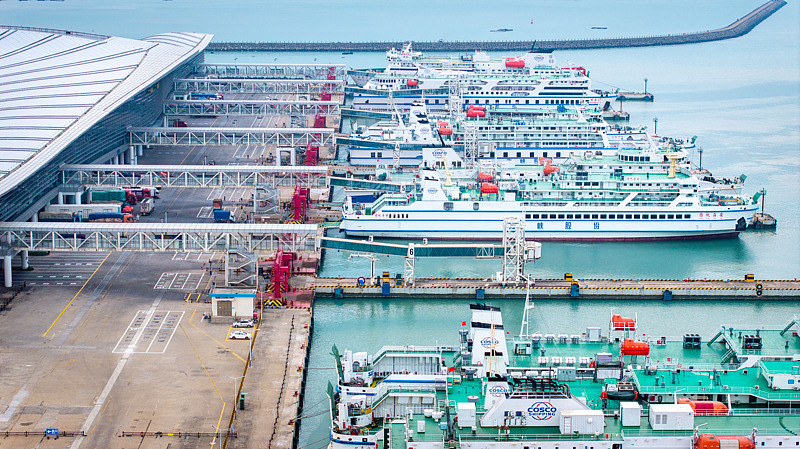🌐 In a move that's causing waves across Southeast Asia, the Philippines has introduced two new maritime laws, sparking concerns about regional peace and stability.
The Philippine Archipelagic Sea Lanes (ASL) Act and the Philippine Maritime Zones Act were recently signed into law by President Ferdinand R. Marcos Jr. These laws define the country's maritime zones and establish sea lanes within its archipelagic waters.
However, not everyone is on board. Experts warn that these laws could ruffle feathers among neighboring countries and escalate tensions in the already sensitive South China Sea.
Regional Ripples 🌊
Rong Ying, a researcher at the China Institute of International Studies, expressed that the new laws might undermine the rights of neighboring nations under international law, including the United Nations Convention on the Law of the Sea (UNCLOS). He emphasized that such actions could disturb the harmony and cooperation efforts in the region.
"It's essential for countries to work together to maintain peace and stability. Actions that create divisions are not in anyone's interest," Rong noted.
Navigation Nation 🛳️
Ding Duo, deputy director at the Research Center for Ocean Law and Policy, pointed out that the ASL Act could complicate navigation rights for foreign ships and aircraft. By linking passage rights with ongoing disputes, there's a risk of restricting lawful movements and increasing mistrust among nations.
He also highlighted concerns about potential cooperation between the Philippines and external powers to monitor passing vessels, which could heighten tensions and pose safety risks.
Calls for Collaboration 🤝
Both experts agree that open dialogue and mutual respect are crucial. They urge all parties to adhere to international laws and focus on building a region defined by peace and friendship.
"Let's not let new laws become new walls between neighbors," Rong suggested. "It's time to double down on diplomacy and ensure the South China Sea remains a sea of peace."
🌟 The situation highlights the delicate balance in the region and the importance of cooperation over confrontation. As the tides of change sweep through Southeast Asia, neighboring countries and global partners alike watch closely.
Reference(s):
Philippines' two maritime laws violate regional peace: experts
cgtn.com




